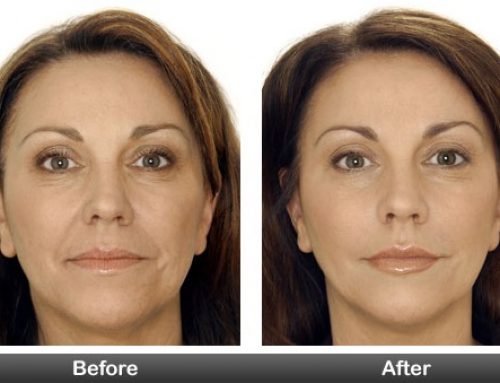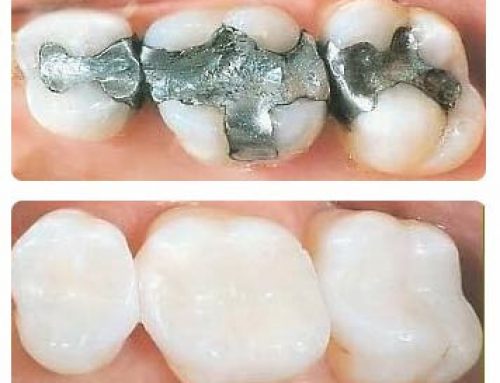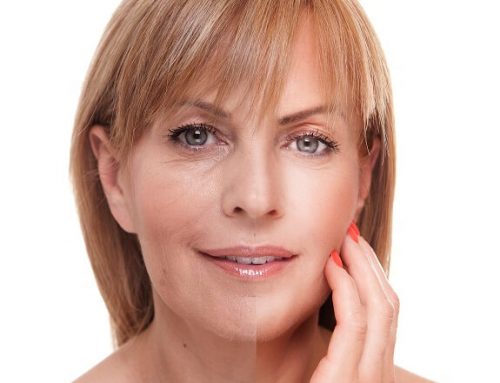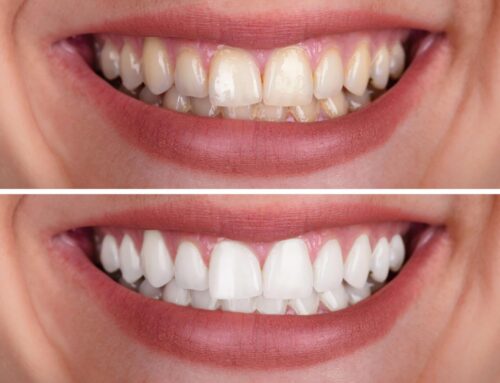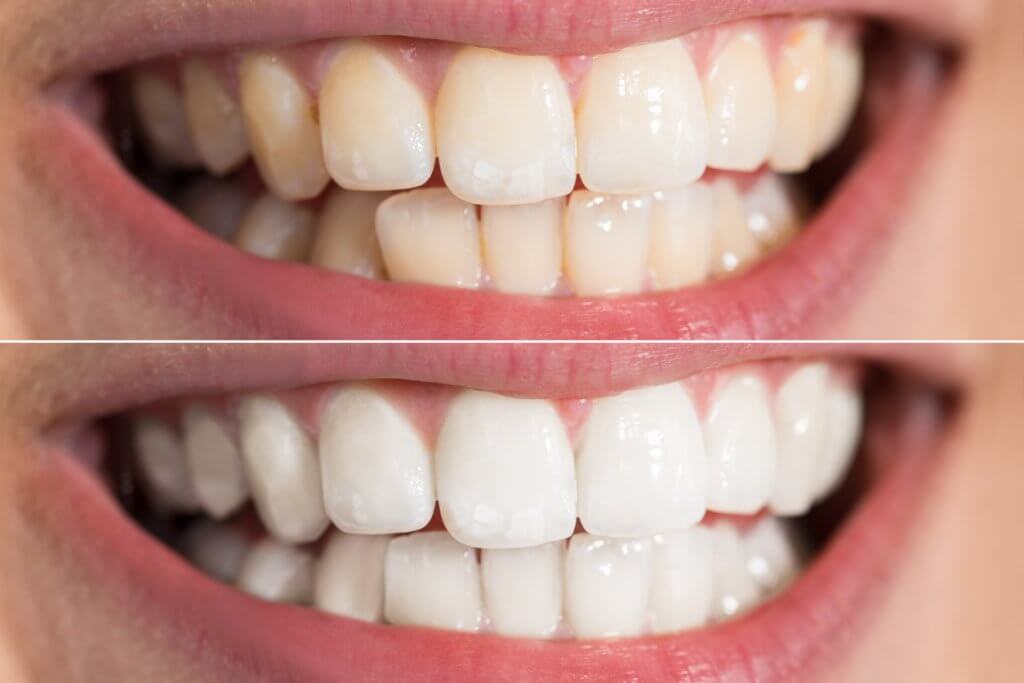 Teeth whitening has become increasingly popular in recent years. New technology and products have made it easier, quicker and more affordable than ever before. You no longer need to put up with built-up stains caused by coffee, red wine, curries and other foods which are not removed by everyday brushing. As demand has grown, so has the market, with a myriad of tooth whitening products springing up on supermarket shelves and other retail outlets all claiming to help keep your teeth white. So what are your best options when it comes to effective, safe teeth whitening? Do you need to visit your dentist or do over-the-counter products work just as well?
Teeth whitening has become increasingly popular in recent years. New technology and products have made it easier, quicker and more affordable than ever before. You no longer need to put up with built-up stains caused by coffee, red wine, curries and other foods which are not removed by everyday brushing. As demand has grown, so has the market, with a myriad of tooth whitening products springing up on supermarket shelves and other retail outlets all claiming to help keep your teeth white. So what are your best options when it comes to effective, safe teeth whitening? Do you need to visit your dentist or do over-the-counter products work just as well?
In-clinic Power Tooth Whitening
The in-clinic whitening process – often referred to as “professional whitening” – is simple, safe and very effective. Taking an average of one hour, a gel containing the active ingredient carbamide peroxide is applied to your teeth. We then use a xenon-halogen light to activate the gel which removes discolouration on your teeth. The downside of this process is that it can result in increased sensitivity of your teeth, so if you already suffer from sensitive teeth this may not be the best option for you. You can, however, use a special desensitising tooth gel to help relieve this.
The convenience and speed of having in-clinic whitening completed within a one-hour appointment and walking out of the dental practice with your bright smile restored is definitely a major benefit. Some people have the treatment annually along with a dental hygiene appointment to ensure that their teeth are not only healthy but also kept at their optimal colour.
At-home Teeth Whitening
Specialised dental products for whitening your teeth at home are also very safe and effective. The difference is that this process takes longer than in-clinic whitening – on average about four weeks. For this we make customised mouth guards made of thin, translucent plastic. You apply a whitening gel into the guards and wear them for two hours each day, for example at home during the evening. The gel gradually whitens your teeth, so you continue using them until you’re happy with the colour. You will be able to see an improvement within a week.
Some people with sensitive teeth find the at-home process increases sensitivity, so again we recommend the use of a desensitising tooth gel to alleviate this.
Whitening Toothpaste
With prices ranging from as little as around $3.00 up to $14.00 per tube at the supermarket, whitening toothpaste seems like a convenient, easy and affordable option for people who want brighter smiles. However, there is a limit to the results that you can achieve because whitening toothpaste is only effective in lifting surface stains on your teeth. Your teeth are likely to appear slightly whiter if you have surface stains caused by coffee or similar culprits, but the paste will not be effective in removing deeper stains or lightening the natural colour of your teeth.
Whitening toothpaste can work in two different ways. Some contain abrasives which “polish” the surface of your teeth and remove surface stains. Others contain the chemical blue covarine, which works by adhering to teeth and makes the teeth appear less yellow. As with other whitening products, teeth may increase in sensitivity so check with your dental professional regarding long-term use.
Whitening Strips
Whitening strips are readily available at pharmacies and some department stores. Another ‘use at home’ product, they are generally more effective than toothpastes as they contain bleach and therefore can lighten your teeth by several shades. Most kits are a two-week system of applying strips to your teeth for a couple of hours each day. They are easy to stick on to your teeth and remove cleanly.
Because whitening strips contain bleach – usually in the form of hydrogen peroxide – they can have the effect of increasing tooth sensitivity and therefore are not generally the recommended whitening method for people with sensitive teeth. Some manufacturers do offer a ‘sensitive’ option of whitening strips which contain a lower amount of hydrogen peroxide. The process is gentler for sensitive teeth, although results take longer.
With all dental whitening products, use strictly as directly. Never be tempted to leave products on your teeth for longer than recommended as this can erode the enamel and damage your teeth.
The Verdict
While over-the-counter teeth whitening products are substantially cheaper than in-clinic treatments, there is a limit to their effectiveness. It comes down to what condition your teeth are currently in and what you are hoping to achieve. If in doubt, ask your Dentist or Dental Hygienist for advice on the best option for you.

